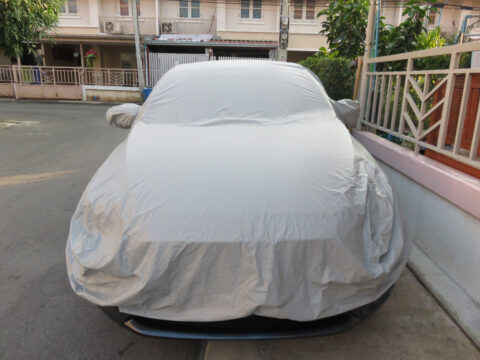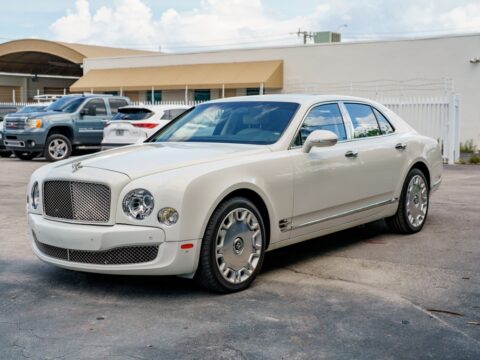No one likes dealing with unexpected car troubles, but being prepared can make a world of difference. Whether it’s a sudden engine failure or a worn-out brake line, knowing the common emergency car fixes and their potential costs can help you budget and avoid financial surprises. In this article, we’ll cover 15 emergency car repairs and what you can expect to pay for each one.
Contents
Engine Replacement
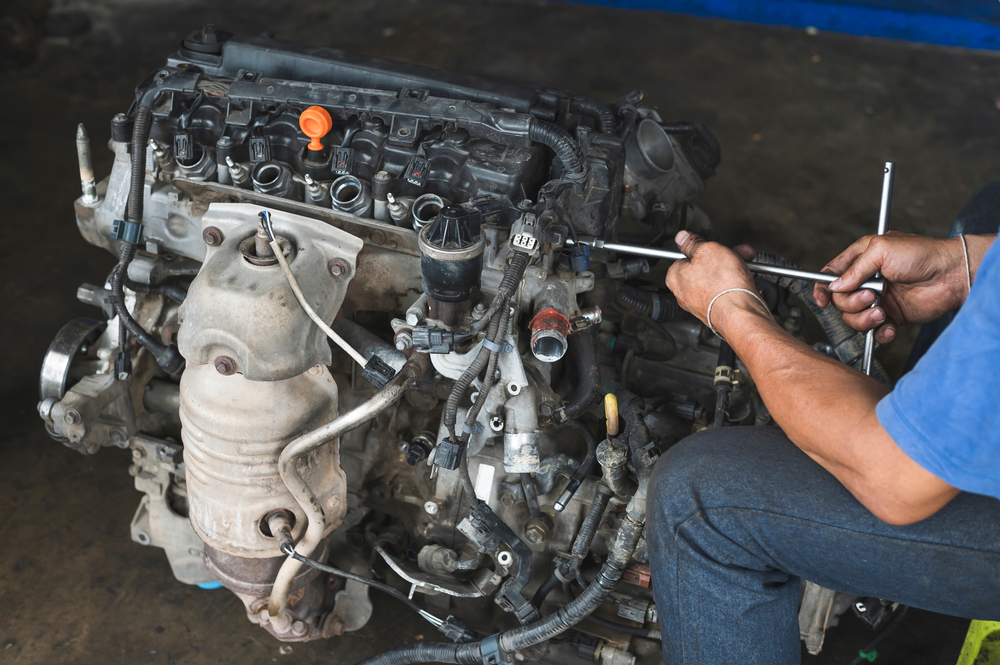
Cost: $3,000 – $7,000
An engine replacement is one of the most expensive repairs a car owner can face. This critical component is the heart of your vehicle, and when it fails, the only solution is often a complete replacement. Factors such as the car’s make, and model, and whether you choose a new or rebuilt engine influence the cost. Ignoring routine maintenance can lead to severe engine damage, making this a necessary but costly repair.
Transmission Repair/Replacement
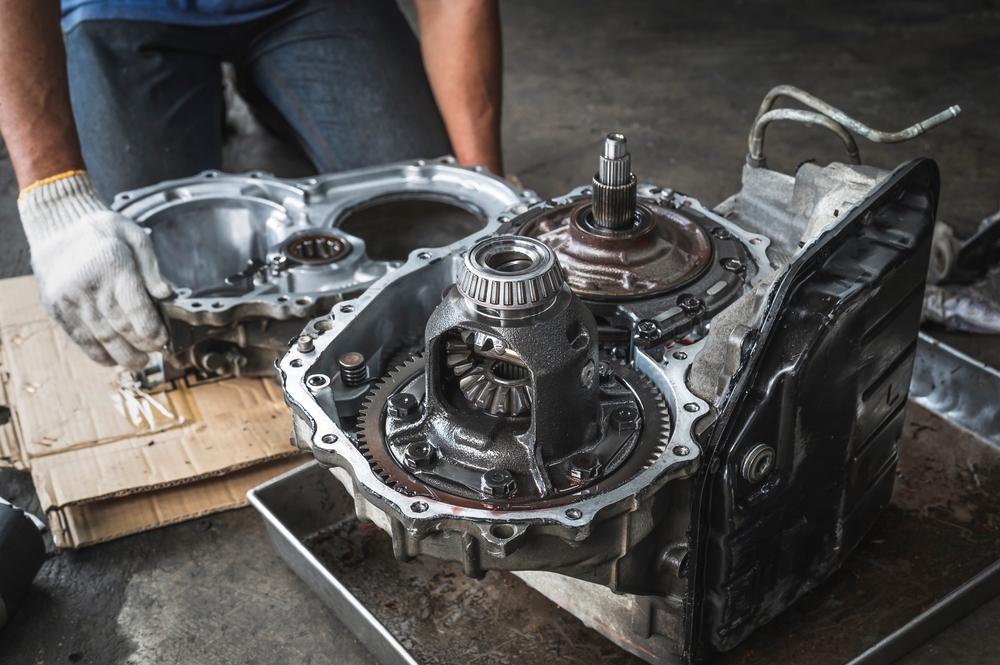
Cost: $1,800 – $3,500
The transmission is essential for shifting gears and ensuring the vehicle runs smoothly. Over time, it can suffer from wear and tear or complete failure. Transmission issues can range from minor repairs to a full replacement, making it vital to address any signs of trouble early. The cost varies based on the complexity of the transmission system and the extent of the damage.
Catalytic Converter Replacement
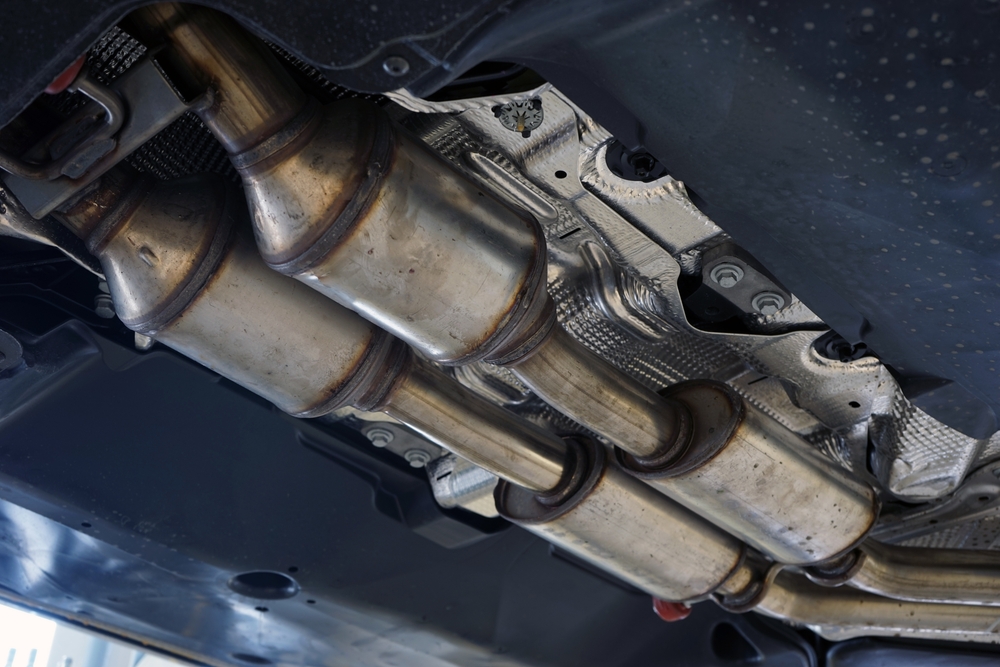
Cost: $900 – $2,500
The catalytic converter reduces harmful emissions from your vehicle. Theft of this valuable part has become common, and failure can lead to reduced engine performance and increased pollution. Replacing a catalytic converter can be costly due to the precious metals it contains, like platinum, palladium, and rhodium.
Timing Belt Replacement
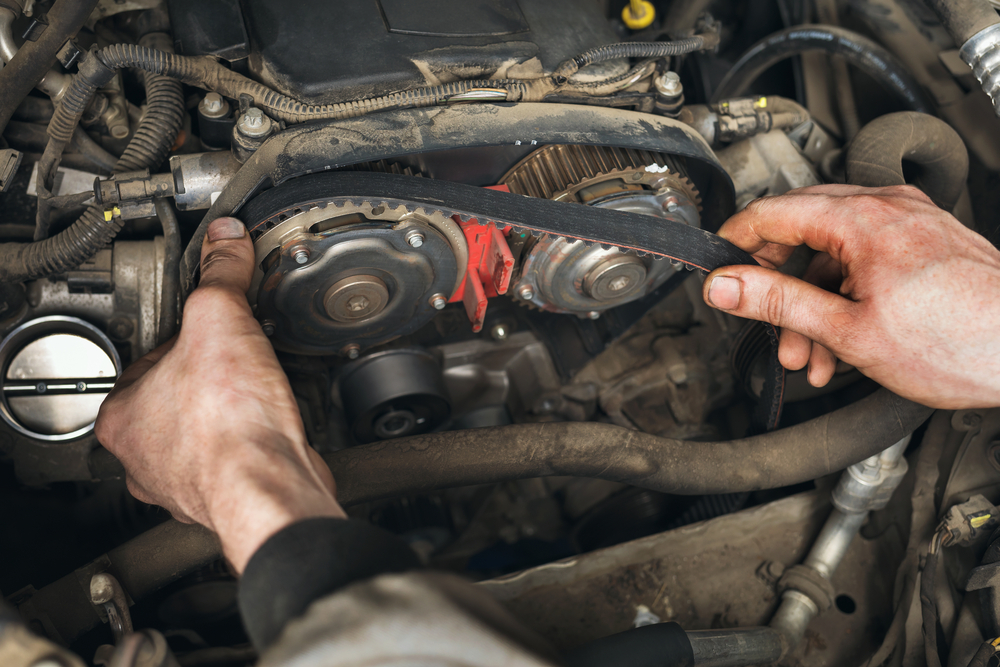
Cost: $500 – $1,000
The timing belt synchronizes the engine’s camshaft and crankshaft, ensuring valves open and close at the right times. A broken timing belt can cause severe engine damage, so replacement is crucial at recommended intervals. Costs can vary depending on labor rates and whether additional components, like the water pump, need replacing simultaneously.
Head Gasket Repair
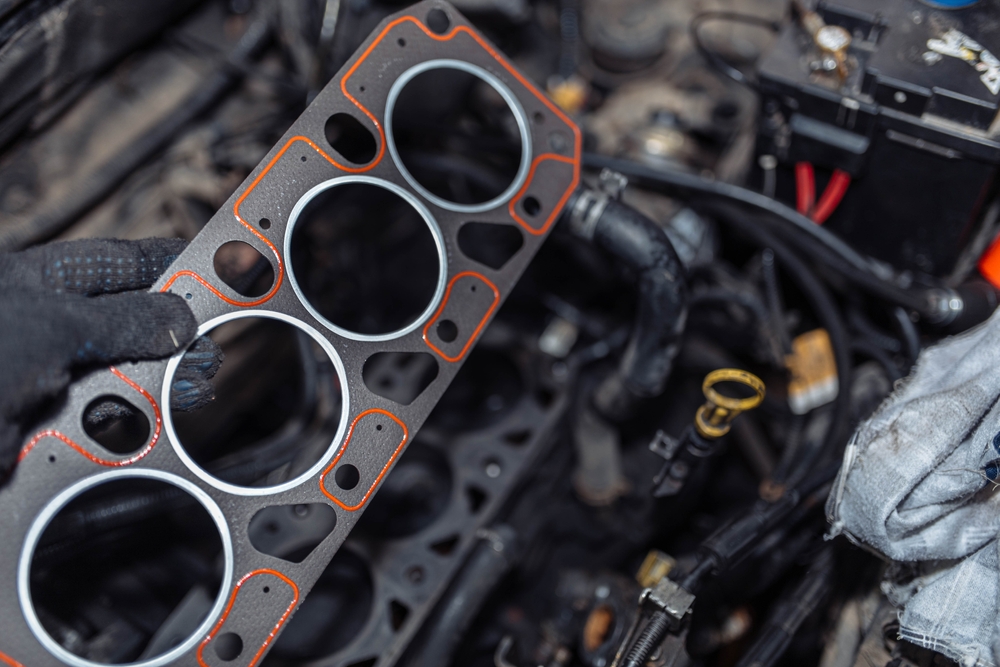
Cost: $1,200 – $2,000
The head gasket seals the engine cylinders, preventing coolant and oil from mixing. A blown head gasket can lead to engine overheating and significant damage. This repair is labor-intensive, as it requires dismantling much of the engine, leading to high costs.
Suspension Repair
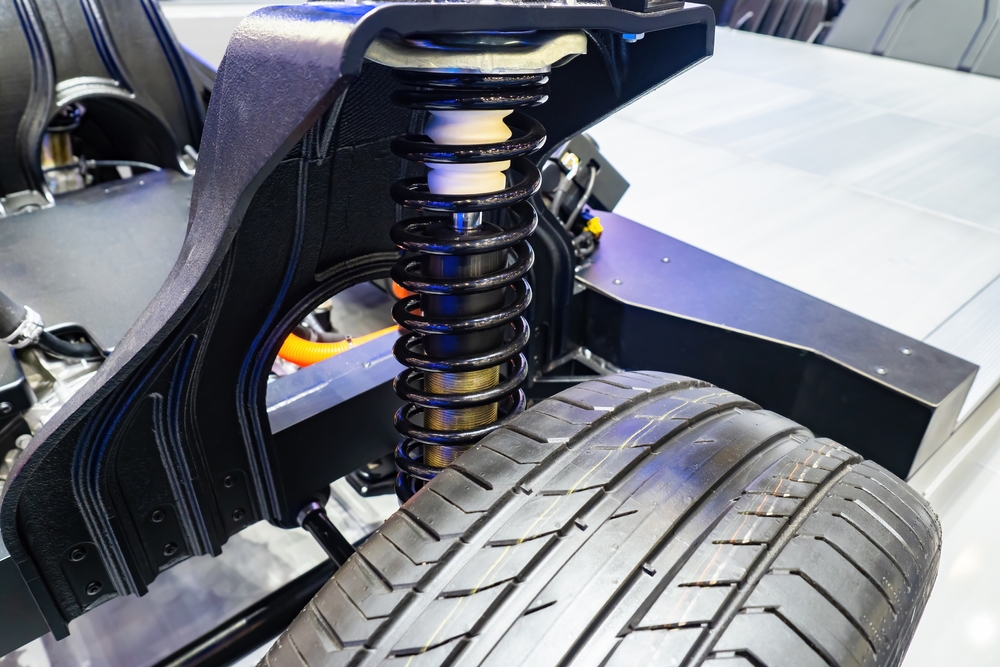
Cost: $1,000 – $2,500
The suspension system supports the vehicle’s weight and absorbs shocks from the road, ensuring a smooth ride. Over time, components like shocks, struts, and control arms wear out. Suspension repairs are essential for maintaining vehicle stability and handling, with costs depending on the parts and labor required.
Brake Line Repair
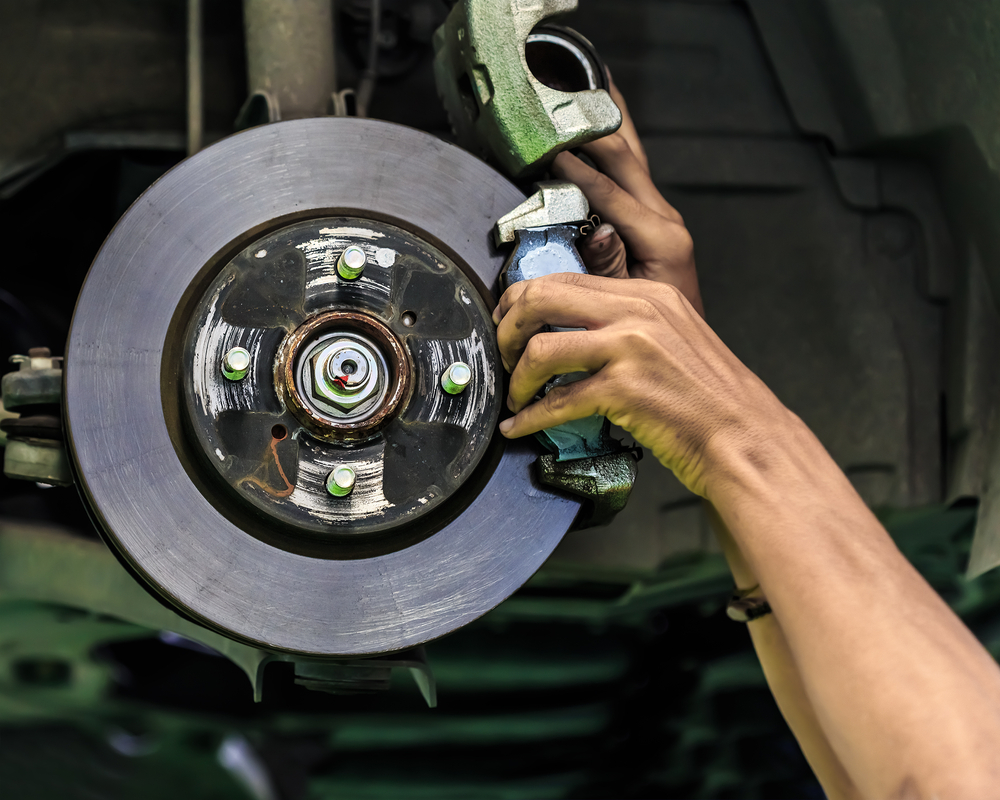
Cost: $150 – $300
Brake lines carry brake fluid from the master cylinder to the brakes. Leaks or damage can lead to brake failure, posing a serious safety risk. Repairing or replacing brake lines is relatively inexpensive compared to other emergency fixes but is crucial for safe driving.
Fuel Pump Replacement
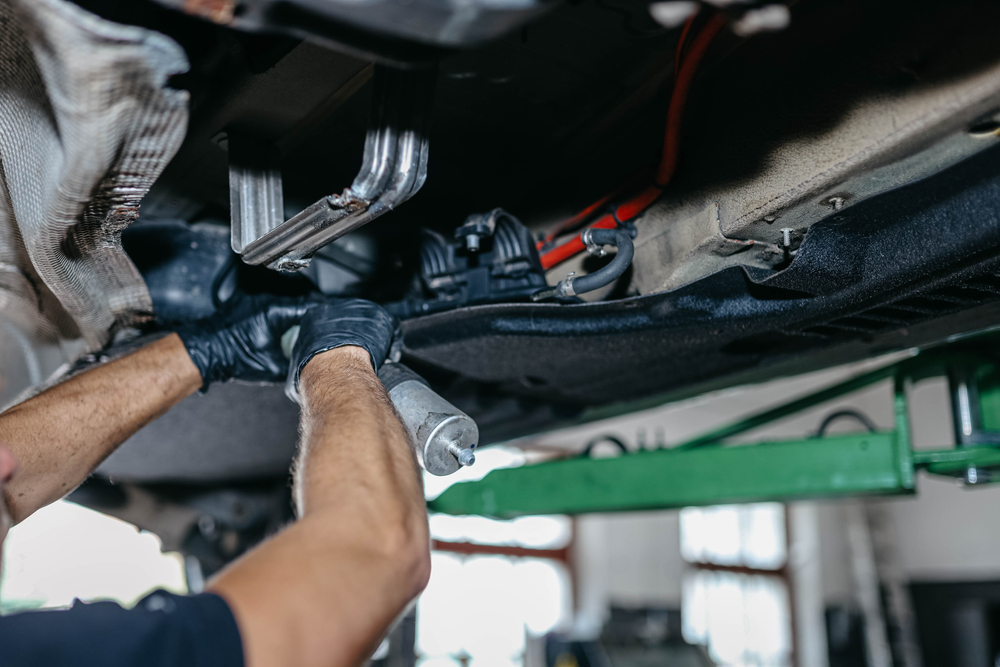
Cost: $400 – $800
The fuel pump delivers gasoline from the tank to the engine. A failing fuel pump can cause the engine to sputter or not start at all. Replacing it involves accessing the fuel tank, which can be labor-intensive, affecting the overall cost.
Alternator Replacement
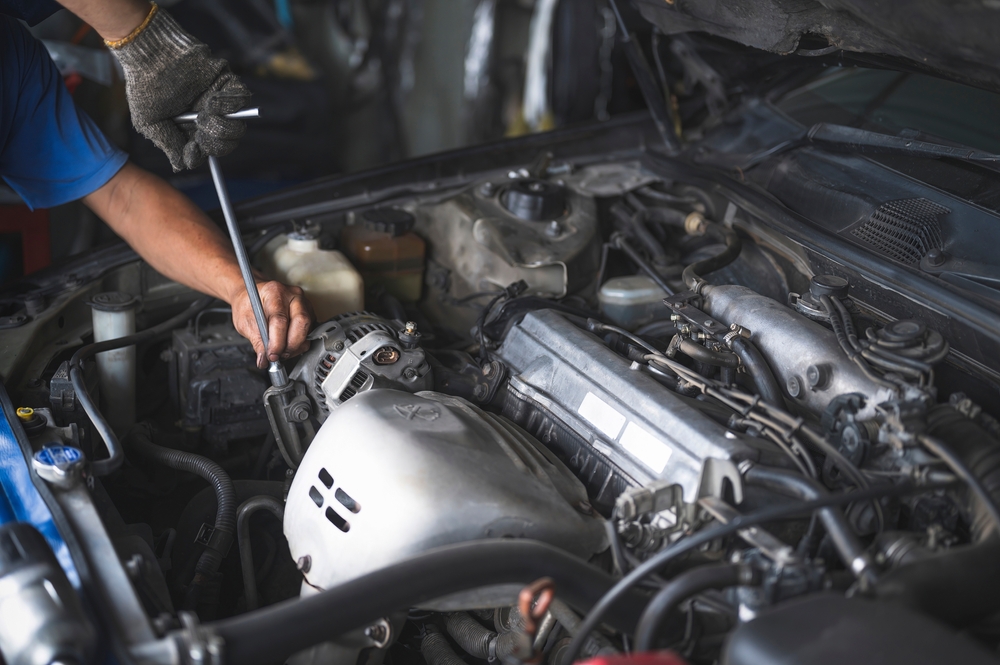
Cost: $500 – $1,000
The alternator charges the battery and powers the electrical system while the engine runs. A failing alternator can lead to a dead battery and electrical issues. Replacement costs vary based on the vehicle’s make and model, and whether other components, like the serpentine belt, need replacing.
Radiator Replacement
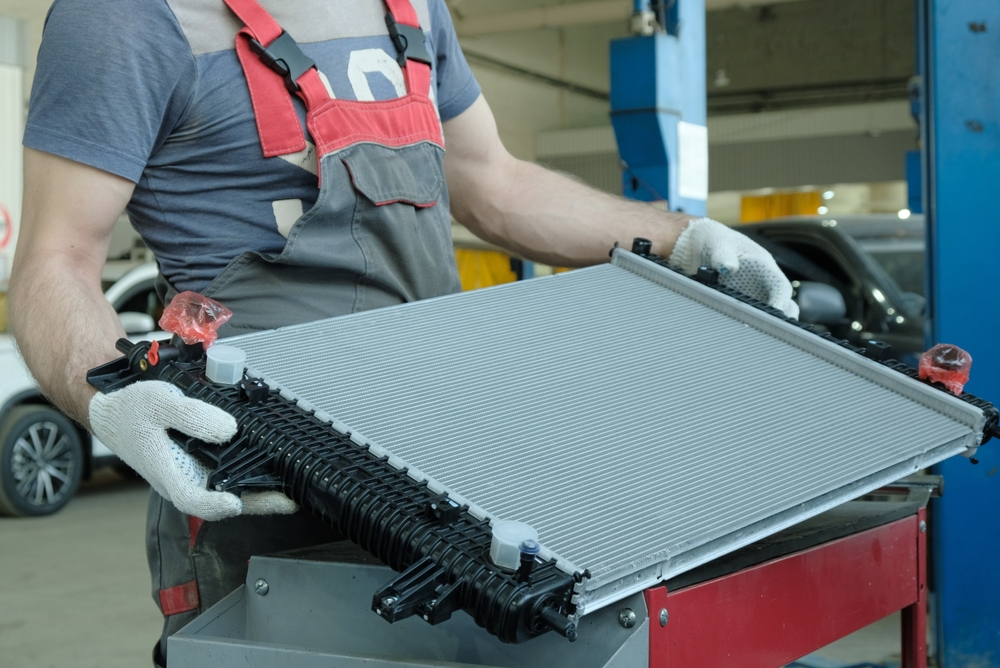
Cost: $300 – $900
The radiator cools the engine by dissipating heat from the coolant. Leaks or blockages can cause the engine to overheat, leading to severe damage. Replacing a radiator is essential for maintaining engine temperature, with costs depending on the vehicle type and labor involved.
Clutch Replacement
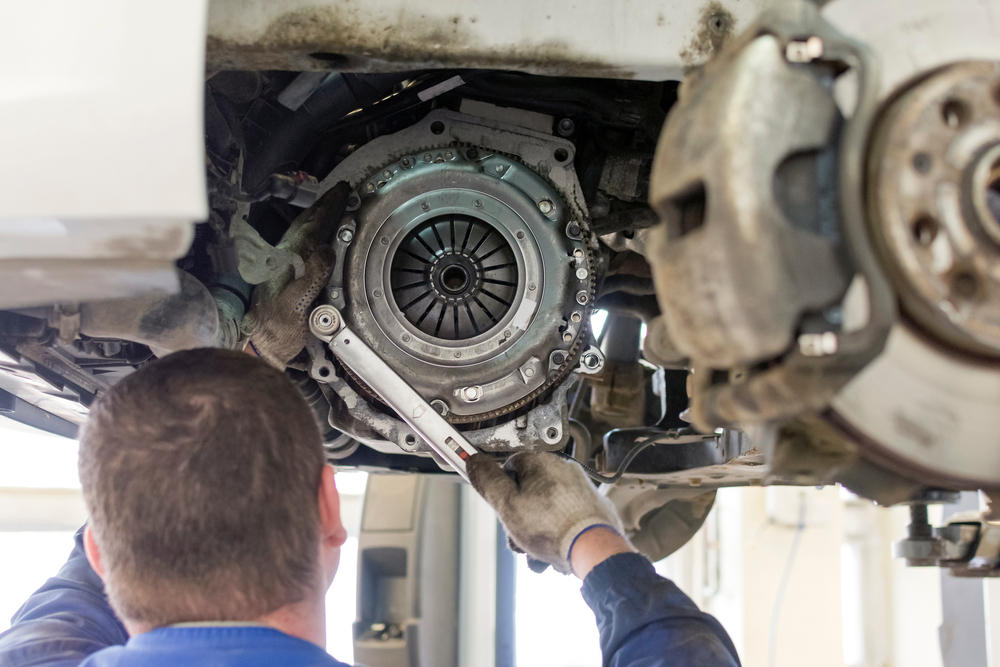
Cost: $1,000 – $2,500
The clutch engages and disengages the engine from the transmission, allowing you to change gears. Over time, it can wear out, making gear shifting difficult or impossible. Clutch replacement is labor-intensive and varies in cost based on the vehicle type and parts required.
Air Conditioning Compressor Replacement
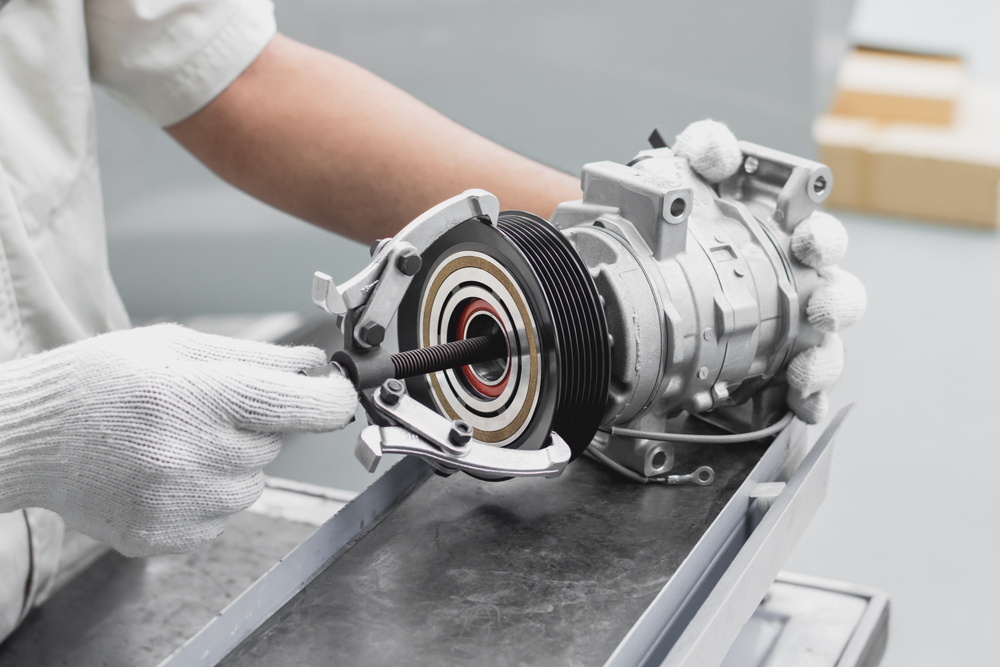
Cost: $500 – $1,500
The AC compressor circulates refrigerant through the air conditioning system. A failing compressor can lead to a lack of cool air, making it uncomfortable to drive in hot weather. Replacing it involves significant labor and refrigerant handling, contributing to the cost.
Starter Motor Replacement
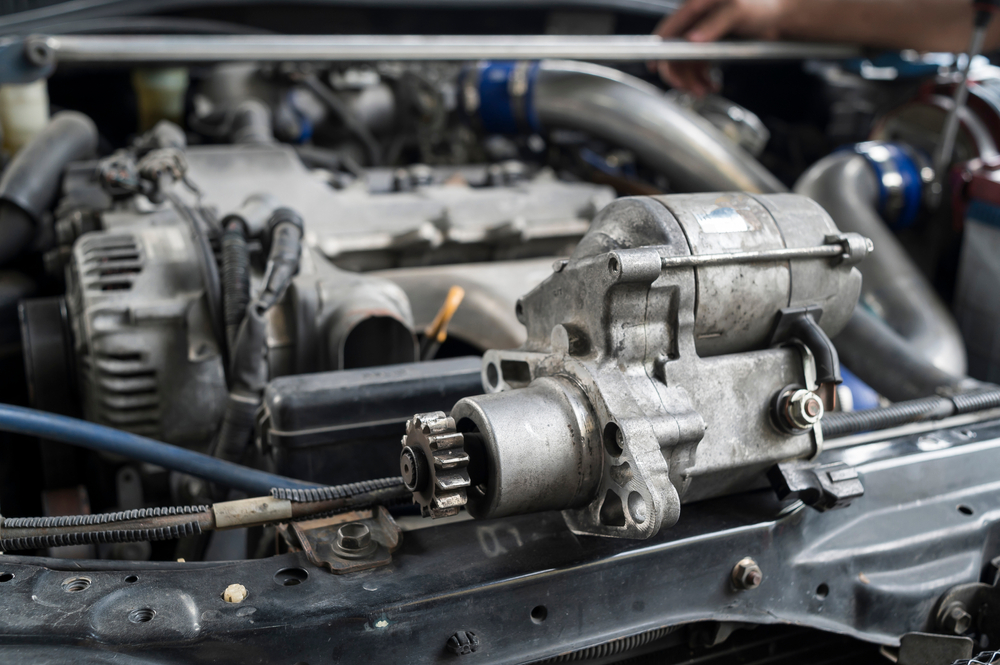
Cost: $300 – $700
The starter motor turns the engine over, enabling it to start. A faulty starter can leave you stranded, as the engine won’t crank. Replacement costs depend on the vehicle type and accessibility of the starter.
Water Pump Replacement
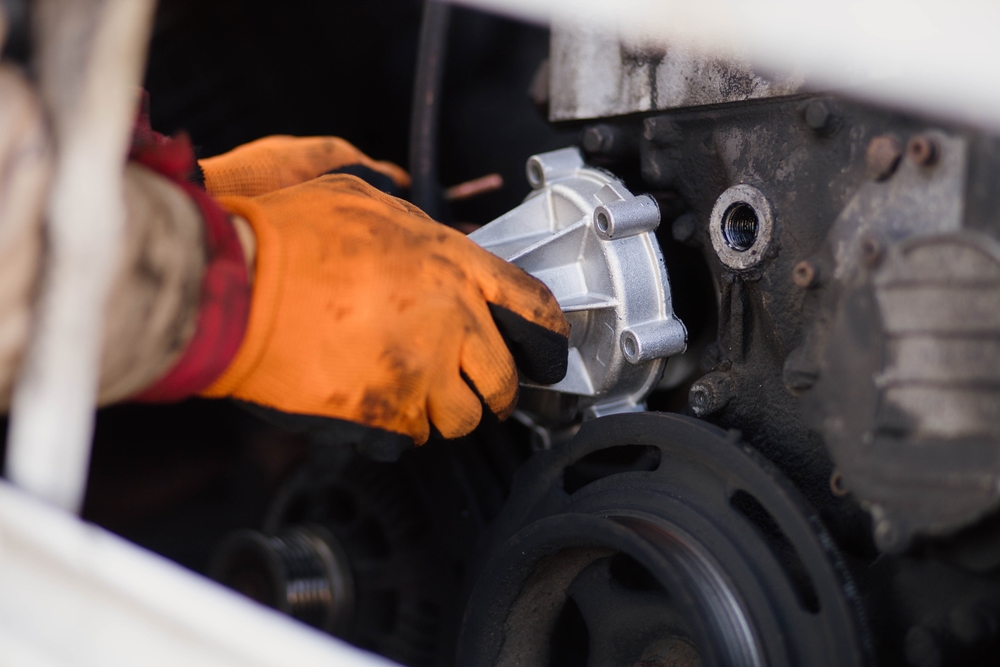
Cost: $300 – $750
The water pump circulates coolant through the engine to prevent overheating. A failing water pump can cause engine overheating and damage. Replacement involves removing various engine components, affecting the labor cost.
Oxygen Sensor Replacement
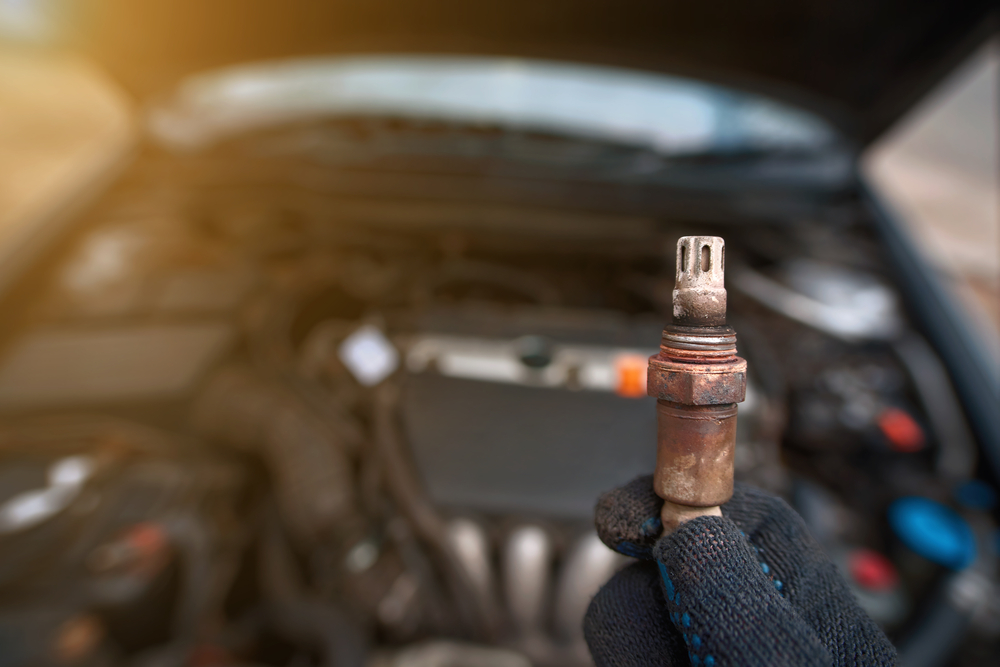
Cost: $150 – $500
Oxygen sensors monitor the air-fuel mixture for optimal engine performance and emissions. Faulty sensors can lead to poor fuel economy and increased emissions. Replacement costs vary based on the number of sensors and their location.
This article originally appeared in MyCarMakesNoise.
More from MyCarMakesNoise
10 Cutting-Edge Military Drone Innovations

The rapidly evolving landscape of modern warfare has seen military drones emerge as game-changing tools, redefining strategies and operational capabilities. Equipped with cutting-edge technologies, these unmanned aerial vehicles (UAVs) enhance precision, stealth, and efficiency in combat scenarios. Read More.
10 Public Transportation Systems That Were Abandoned

Public transportation systems have long been the lifeblood of bustling urban centers, providing essential connectivity and fostering economic growth. However, as cities evolved and new technologies emerged, many once-thriving transit systems fell into disuse. Read More.
15 Luxury SUVs Offering Unmatched Comfort and Style

In the realm of automotive excellence, luxury SUVs stand as the epitome of comfort and sophistication. These vehicles seamlessly blend high-performance capabilities with opulent interiors, creating an unmatched driving experience. Read More.

